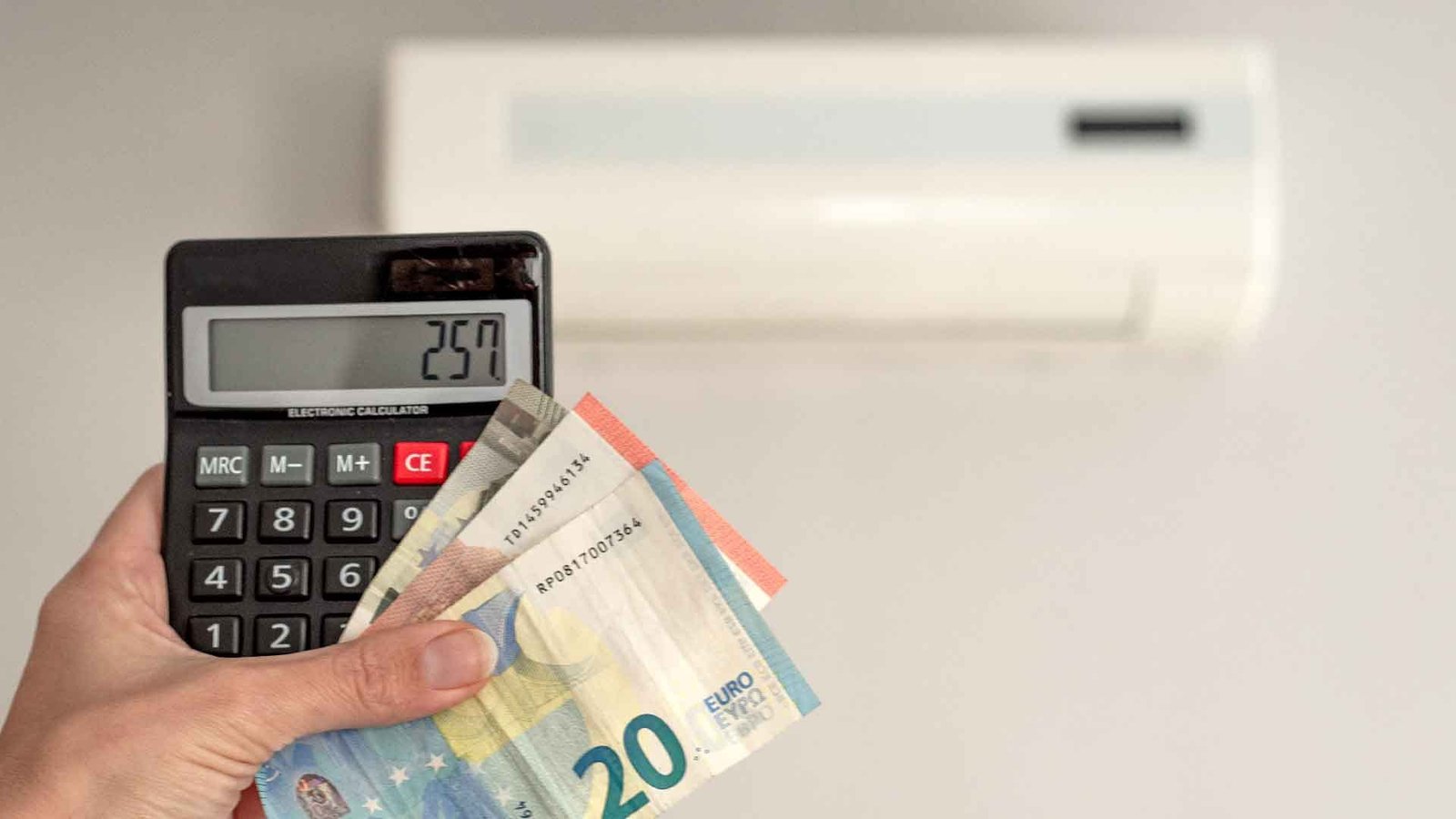
When it comes to keeping your home healthy, your air conditioner might not be the first thing you think of. But the truth is, your AC plays a major role in indoor air quality — and your health. The secret lies in a small but powerful component: the air filter.
This often-overlooked part of your cooling system traps dust, allergens, and airborne particles, ensuring that the air you breathe stays clean and safe. Neglecting it, however, can lead to polluted indoor air, higher bills, and even health issues. Here’s what your AC filter reveals about the air you live in and why keeping it clean matters more than you think.
1. The Connection Between Your AC and Indoor Health
Your air conditioner does more than cool your home — it continuously circulates and filters the air inside. Every time it runs, air passes through the filter, which captures microscopic particles like dust, pollen, pet dander, mold spores, and bacteria.
When the filter is clean, it helps maintain fresh, breathable air. But when it’s dirty, those trapped particles can re-enter your home, worsening air quality and triggering allergies, asthma, or other respiratory problems. Essentially, your AC filter acts as your home’s first line of defense against indoor pollution.
2. How Dirty Filters Affect More Than Just Air Quality
A clogged filter doesn’t only harm your lungs — it harms your air conditioner, too. When airflow is restricted, the system works harder to push air through, increasing energy consumption and putting strain on the components.
This added stress can cause your AC to run longer, raise your electricity bills, and even lead to breakdowns. Over time, neglecting filter maintenance can shorten your unit’s lifespan and cost you hundreds in avoidable repairs.
Clean filters mean smoother operation, fewer breakdowns, and cleaner air — a win for both your wallet and your health.
3. Signs Your AC Filter Needs Attention
You don’t need to be an HVAC expert to know when it’s time for a filter change. Watch out for these common signs:
- Weak airflow: Air isn’t circulating properly through vents.
- Unusual odors: Musty or dusty smells indicate trapped contaminants.
- More dust indoors: Excess dust buildup on furniture or floors.
- Allergy flare-ups: Sneezing or coughing more often than usual.
If you notice any of these, it’s time to clean or replace your filter — your lungs will thank you.
4. How Often Should You Clean or Replace Filters?
The frequency depends on your home environment and usage. Generally:
- Every 2–3 weeks if you live in a dusty area or have pets.
- Every 1–2 months under normal conditions.
- Every 3 months if your AC isn’t used heavily.
Reusable filters should be washed gently with mild soap and water, dried completely, and reinstalled. Disposable filters, on the other hand, should be replaced with new ones on schedule.
5. The Hidden Health Benefits of Clean Filters
Keeping your AC filters clean does more than save energy — it protects your family’s health.
Cleaner filters mean fewer allergens, reduced airborne bacteria, and improved humidity control. This results in better sleep, fewer respiratory issues, and an overall healthier indoor environment.
Think of your AC as part of your home’s wellness system — when it breathes better, so do you.
Your air conditioner tells a story about your home’s health. A clean, well-maintained system delivers fresh air, steady comfort, and lower bills. A neglected one, on the other hand, spreads dust, allergens, and unnecessary stress — both on your lungs and your budget.
By cleaning or replacing your filters regularly, you’re not just maintaining your AC — you’re investing in your health. So next time you switch on the cool air, remember: clean filters mean cleaner air and a healthier home.

